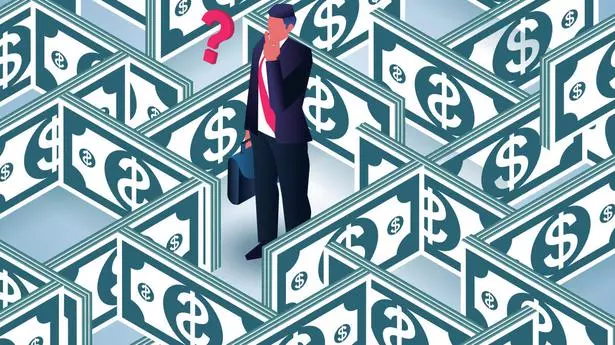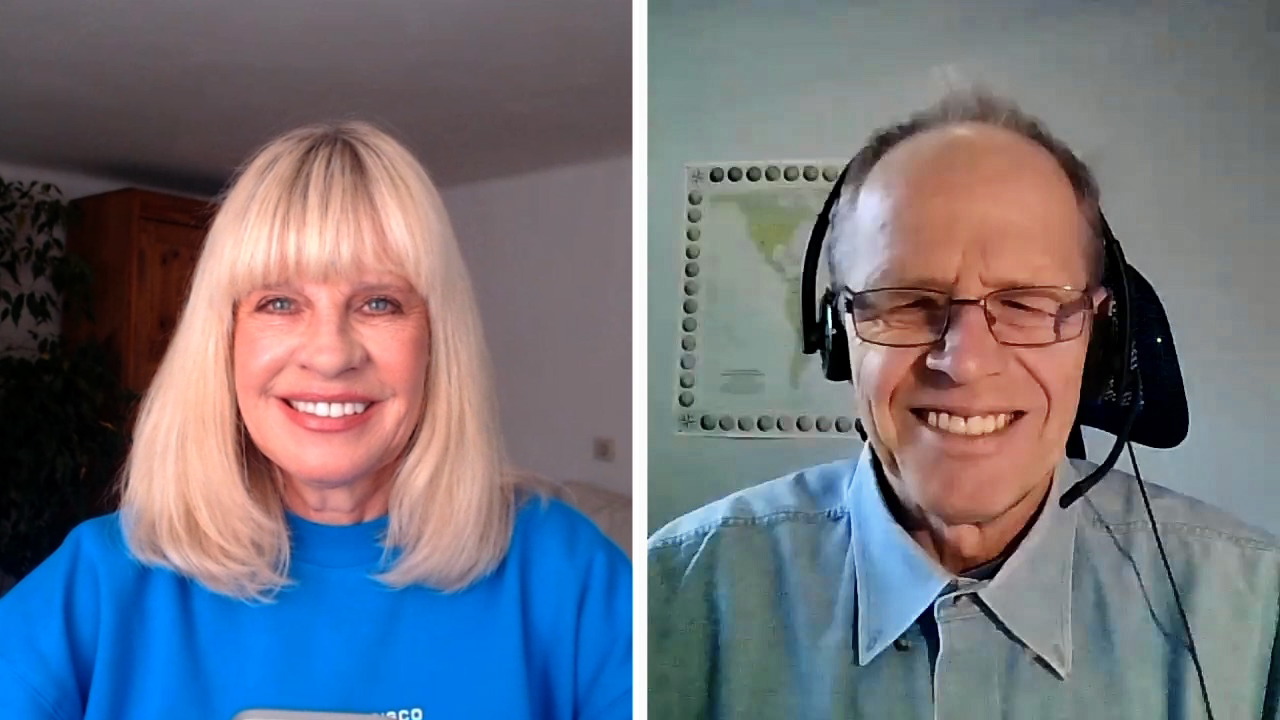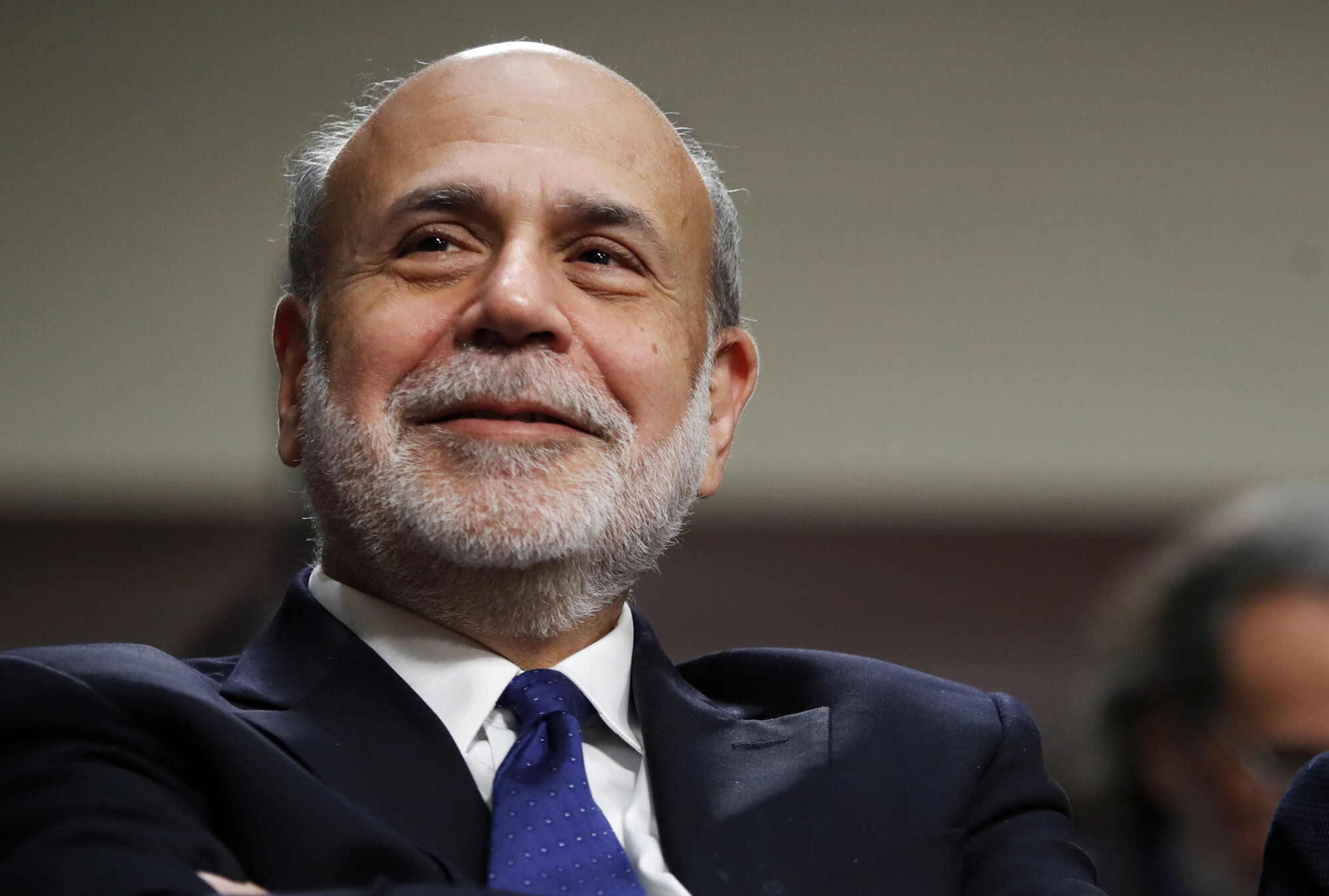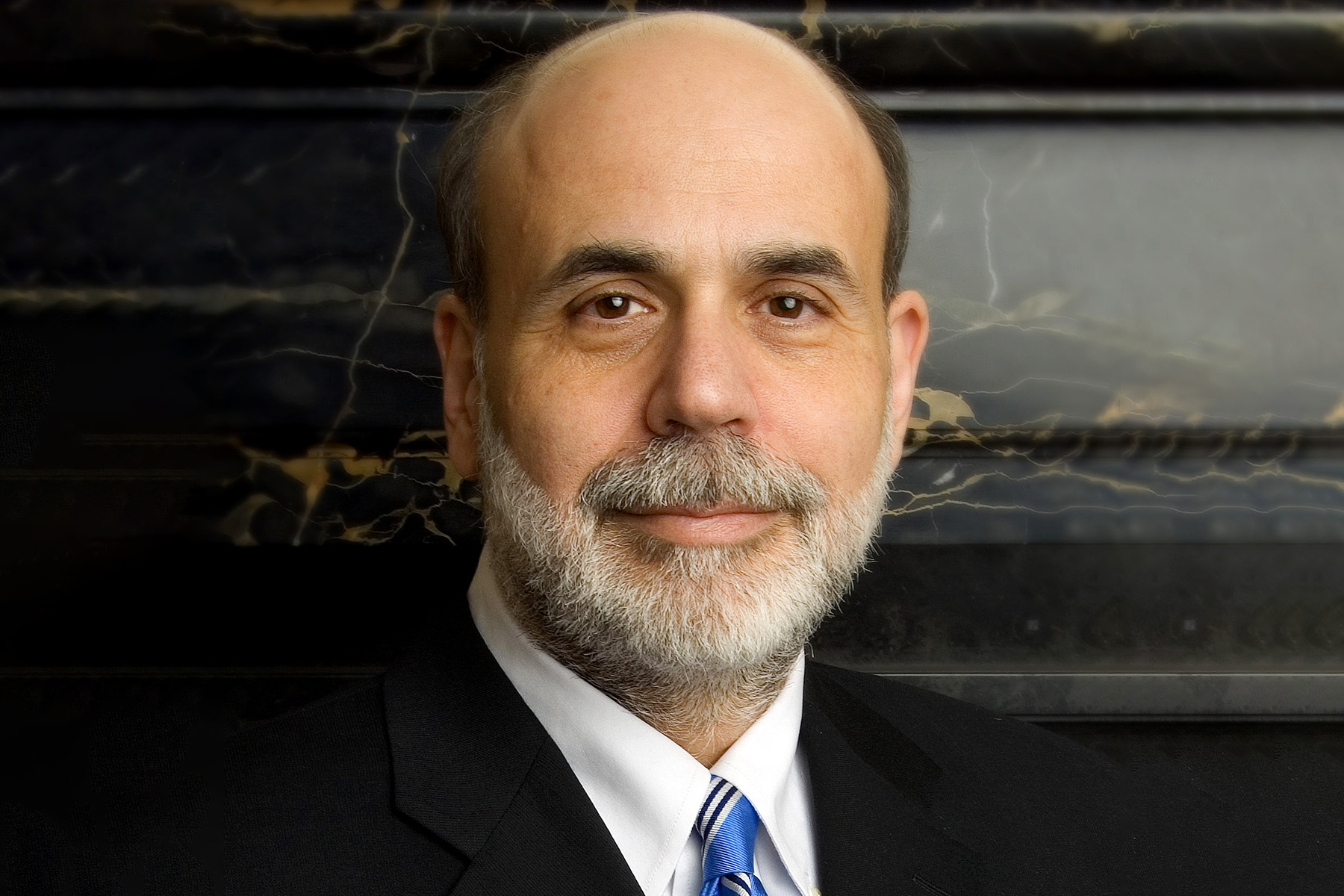About: Economist and business journalist Dr Norbert Häring
Cash is to be abolished. Worldwide. Economist and economic journalist Dr Norbert Häring is convinced of this. However, we are not supposed to hear anything about it. A paper by the IMF states precisely how cash is to give way in favour of digital central bank money, without involving the citizens. Decisions would be made by unelected ominous institutions bypassing parliaments. And the use of cash will be made more difficult with all kinds of tricks, says Häring. He himself has been fighting for the right to pay in cash through all instances since 2015. Next stop: Federal Constitutional Court.
Blog by Norbert Häring:
Geld und mehr – Ein Blog von Norbert Häring
Book: Endgame of Capitalism: How the Corporations Took Power and How We're Taking It Back:
https://bit.ly/3l1eO2t
Key Highlights from the Interview
• European Central Bank ECB is now serious preparing for a digital € - and already is testing various systems in conjunction with private partners (such as Amazon) and other banks. How to pay offline with various dealers.
• They usually use the term “It’s just a supplement, not a replacement” (for us people to buy into it). It is based on one of many lies - and the The ECB does nothing to prevent the replacement of paper money for digital money.
• Are there other indications that the ECB is not so serious about "keeping the cash"?
- Yes, there are many indication and evidence for that the ECB doesn’t fight for cash to stay. I reality, they don’t do anything to prevent cash from disappearing. Dr Norbert Häring says that this has come to the fore during his proceedings he has been initiating at the European Court of Justice, in which the ECB and the European Commission also had to take position. There was nothing constructive coming from those parts to keep cash alive.
• Also in terms of anonymity and trace due to digital money, the ECB and EU Commission do nothing against that, on the contrary, supporting it. (The ECB could prevent data collection and ensure anonymity at any time, because that is in fact one of their duties to check this - but they don't).
•
Belgium, Italy and other countries already have a
law in place, which
forbids sellers to provide only to pay in cash (it means they have to provide customers to pay with digital money by law, as well). The ECB doesn’t mind and isn’t honest about preventing cash from disappearing.
• The Banks don’t mind either, because cash is a competition to digital money.
• Visa and Master card don’t make any money if people use cash. Everything that is paid digitally also results into fees for banks and financial entities - and creates data, which can and is resold.
•
Banks never have the cash in stock what people have on their bank accounts. The money isn’t real money because the cash the banks are supposed to have, are just digital transactions e.g. digital numbers. If too many people would take out cash - that is impossible. Therefore the Banks want digital money - because then they skip everything that has to do with physical money. (and i assume it is easy to play with numbers like with bolls in the air at the same time, or statistics)
• Banks limit more and more how much cash you can take out. You already have to wait several days in order to get out a larger sums of cash from the bank. In essence - already now - you can’t really take out your money other than small sums.
• What is the difference between paying bills with your bank card digitally, and digital Central Bank Money ? -
Not much difference for the customers. Both principles creates digital trances already. The Central Banks pretend that digital Central Bank money, would create more anonymity, because the information wouldn’t be sold then. So they say… But in principle it is a way to centralize all information, with suddenly very few players who control that information, who make decisions, and where the info is going, how it is stored and used.
• In theory, digital Central Bank Money is more secured, because they can’t go into bankruptcy. Already now in the state of planning, will be written into the laws, that the amount of
the digital money that can be held by a customer will be limited.
In the talks are 3000 € (!) maximum. No, no advantages for the customer with Digital Central Bank money. It then in essence, a central surveillance and control system being implemented upon the people. (since the few players at the top, can decide whom to exclude from the system, or how the data is used, and the authorities an at any time get access to that information “dependent on the current thing”, e.g. rules, and in my interpretation; the current political climate for the moment). [Makes me think of Canada’s Freeland and the Freedom Convoy last winter…]
•
Bank for International Settlements (BIS) also known as the “Central bank of Central Banks, Switzerland) sits very much at the top of the whole project plays a major roll in how the use of digital money and transactions from people. To refine the system according to China’s social credit system.
• For example:
if a person has issues with his/her weight and the Health insurance authority recommends that he/she should limit their fat intake - the system can implement a limitation in the purchase of meat. Or the person has to pay 20% extra (as an example). This can be that the money goes to the Health insurance or NGO officially. Or, the person is forbidden to buy certain products anymore. This can be easily programmed into the new digital system in cooperation with the authorities’ “evaluation” and recommendations made over the individual’s head.
• Dr Norbert Häring says, this example might be a bit strange - but says that in
Norway the authorities already “test” by working in that direction: Information over
customers purchase behaviour is collected at the authorities, pretending wanting to know how the people in Norway feed themselves. The
Norwegian Government is working together with the food chains and Payment service providers, cooperate to gain
information via the cashier which collected the data (and I assume those “membership cards and point you get from these), to see who buys what… "To evaluate the nutrition profiles of the Norwegian citizens !"
•
IKEA is part of the grooming (pre-programming) of society.
•
In Sweden, the Central bank (and banks) played a significant roll in diminishing cash in society, and participating in experiments with digital money “forced through indirect means” - but the test failed, because too many elderly people, as well people who live far outside of cities “in the middle of nowhere” - can’t pay their bills or make monetary transactions and literally got cut off from society. It lead to that the central bank felt itself forced to encourage a law, where the use of cash is lawfully secured. At least for the time being, at a minimum.
• They are trying to create a system in which digital money is stored on cards, independent from mobile telecommunication and internet, and somehow being able to transmit money between users, and for off line transactions (?).
• What about people who have no homes ?
In Sweden it went so far, too far with digital money only, that it didn’t hold up by law, as it was leaving out too many people, even homeless people.
• Once the EU created the e-Euro, and in Sweden the e-krona, the cash can disappear with support of the basic laws for cash, because when the cash is registered/stored on a digital card, it acts like “cash”, and independent from the network. (I wonder, how this works, when the electricity fails ? Because then nothing works. Including those e-cash cards which need some form of electrical devices, in order to ‘read’ them)
• Visa and Master cards were the ones who started to war on cash back in 2005, with the argument of criminality. Which is nonsense, because the biggest transactions are made digitally, which in the shape of physical cash would be highly cumbersome to move around large sums of money. Very old school. Instead it is basically a criminalization of cash for normal people, under the pretense of trying to fight criminality.
• The Alliance for getting rid of cash, is made of Visa and Mastercard, since 2010 “Better than Cash Alliance” being dominating players together with some major banks and the IT giants Apple, Google, Microsoft etc. under the pretense of “making the world a better place”. It is also a way to get more customers.
• The
“Better than Cash Alliance”, is a strong de-facto organization but not formally, acting like a supra national NGO, pretending being a branch of the UN - which they are NOT. They just hire some sponsored offices in the UN building. It is also in partnership with
G-20, which together with the
Central bank in Germany and the
European Central bank altogether work together on this project of digital money. The
German Government is secretly a
top sponsor of the “Better than Cash Alliance” in the war against cash. When this came to the fore into the open, they bluntly lied to the public, and said “We only contributed very little”. It’s a total lie - and every single year that followed, they continued to be top sponsors to the “Better than Cash Alliance”.
• The
International Monetary Fund (IMF), is also tightly tied to the whole project and has written down explicit / published openly how to get rid of cash. E.g. though constantly lowering the upper cash limits.
•
Bill & Melinda Gates Foundation is also part of the project
• All players together with the “Better Than Cash Alliance” are deciding limits and “laws” without over the head of politics and governments - by deciding “standards”, which then though the politicians are simply accepted without any fuzz, as “de facto laws”, which they have to follow.
• The World Economic Forum (WEF) supposedly isn't an active player in all of this, but welcomes the elimination of cash.
• What about other contents other than the usual player (USA, Europe) ?
Nigeria has already implemented a digital Niara currency, which it is the playground for the “Better Than Cash Alliance”, where they experiment with biometric data and digital money.
Mastercard developed a passport in Nigeria which also acts can act as a digital wallet.
• In
Kenya the situation is similar. The
English Central Bank (?) developed the digital money for Kenya, and later also
Bill & Melina Gates Foundation stepped into a mobile payment system as well
Vodafone, which has spread to large parts of Africa, lessen the use of cash.
• Dr. Norbert Häring has not heard of threats to use digital money, but said that there are definitely cash hostile ways being implemented. The means and pushes are done indirectly.
• People will not be persuaded to use digital money. Instead, the players and gov’s will make things look like as if people use less cash. That way, people will (make) believe, that digital money usage comes naturally, and they don’t really need cash, nor want cash. In a subtle way cash get’s eliminated, plus it will be made difficult to to get cash, to pay in cash, and for sellers it is much more expensive to handle cash.
•
The most extreme case: The
EU commission implemented a law, which requires the bank to special check each and every single coin showing proof that they are not falsified. Which means the bank need to buy expensive equipment, plus this is often only done in special subsidiaries - and therefore it takes time to check the coins. This makes cash handling all twice as expensive. It results into that merchants are less willing to deal with cash, as it gets more and more expensive for them (through or due to the banks)
• These cash hostile laws implemented from the EU Commission and Government are usually not communicated to the people, and therefore get “shipped silently” into the framework of rules and laws.
• The crisis in the last years in the UK, have lead to a very strong resurgence of cash.

 www.svt.se
www.svt.se



 ).
).



 in my way of writing in English, i put this into one of those yellow boxes that can be unfolded, if or when desired.
in my way of writing in English, i put this into one of those yellow boxes that can be unfolded, if or when desired.